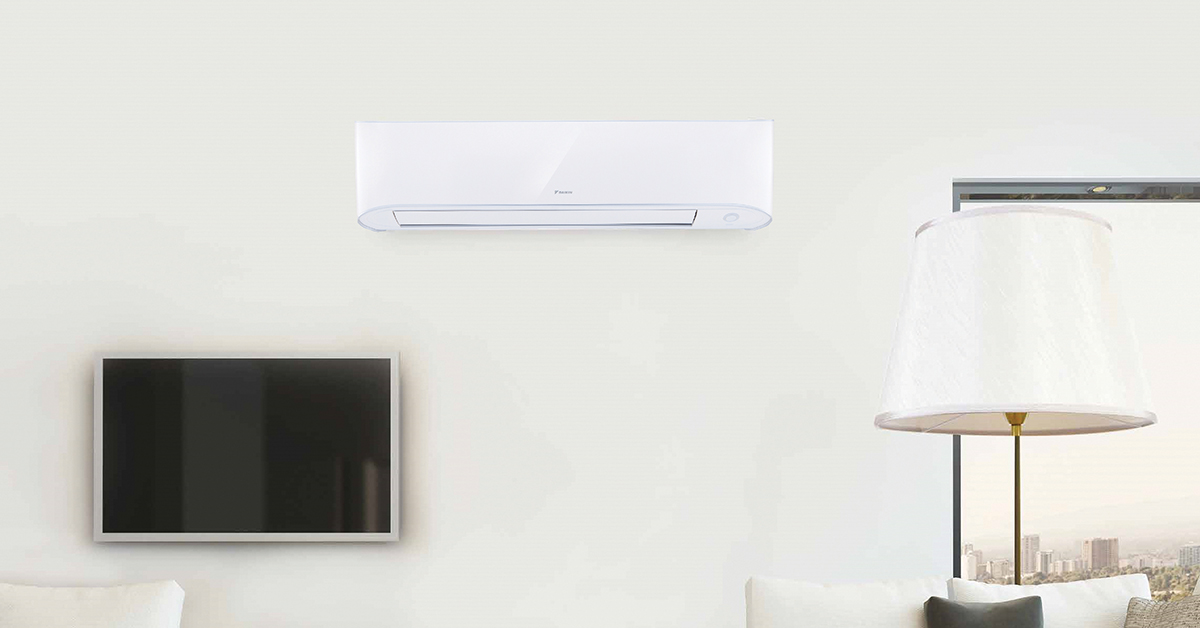
If you’ve ever heard or read anything about how heat pumps work, you’ve probably seen the claim that heat pumps are superior to other methods of home heating because they’re so much more efficient. But what makes them so efficient, and more importantly, why does efficiency matter to you as a homeowner?
The short answer: efficiency can mean big cost savings.
How are Heat Pumps Different?
What makes heat pumps different from most other heating methods is that heat pumps don’t actually create heat. Whether you’re talking about an oil furnace or electric baseboard heating, most heaters operate by converting one type of energy into another type of energy (e.g. chemical energy into thermal energy for a furnace, or electrical energy into thermal energy for an electric heater).
By contrast, heat pumps don’t create heat—they just move heat from one place to another, and this takes a fraction of the energy that’s necessary to actually produce heat. Out of the traditional heating methods, electric heaters are generally considered the most efficient, but heat pumps take as little as 20% as much electricity to warm a room to the same degree as an electric heater.
How do Heat Pumps Work?
Heat pumps use the same technology as refrigerators and air conditioners to move heat from one place to another. On a basic level, heat pumps use electricity to pump refrigerant between two heat exchanger coils. The refrigerant absorbs heat at the first coil and is then pumped to the second coil where the heat is released.
When a heat pump is in warming mode, the refrigerant collects heat from the coil in your outdoor unit and then pumps that to the indoor unit where the heat is released into your home. This process can happen in reverse as well, where heat is pumped from inside your home and released outside—this is why heat pumps can also function as air conditioners.
This process of circulating refrigerant between the outdoor and indoor heating coils uses far less energy than converting electrical or chemical energy to heat, which is how traditional heating sources work. That means that a heat pump can heat your home to the same temperature at a fraction of the energy cost as traditional heating sources.
Why does Efficiency Matter?
The biggest difference to homeowners is that an improvement in the efficiency of your heating system translates directly to a reduced cost to heat your home. If you’re using only a fraction of the energy to heat your home, you’re only going to pay a fraction of your normal power or fuel oil bill.
And in the bigger picture, increased efficiency is helpful for the environment. Here in Atlantic Canada, much of our energy is generated from coal, natural gas, and other carbon sources, so even if you have electric heat instead of an oil furnace, you’re still indirectly burning fossil fuels to heat your home. Increasing the efficiency of your heating system and consuming less energy means that you’re also reducing fossil fuel emissions.
If you’re interested in getting an idea of how much you could save, check out our available rebates , then contact us for a free in home assessment.

With thanks to Daikin Atlantic for their editorial contribution